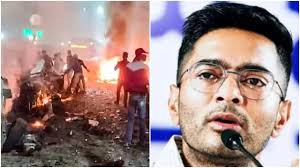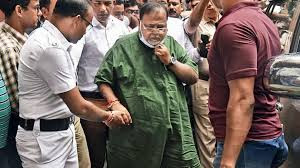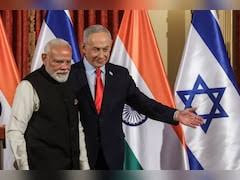Waqf Row: ISF Members Reject Nawasad Siddiqui's Peace Efforts, Continue Protests

IIE DIGIYAL DESK : The ongoing protests by the Indian Secular Front (ISF) against the proposed amendments to the Waqf Act show no signs of abating, despite a call for peace and dialogue from party leader Nawasad Siddiqui. The protests, which have intensified in recent weeks, highlight a growing divide within the Muslim community over the controversial changes to the Waqf Act.
The Waqf Act amendments, introduced by the central government, aim to streamline the management of Waqf properties and ensure better accountability. However, many community leaders and organizations, including the ISF, have expressed concerns that these changes could lead to a loss of control over religious institutions. The ISF, which represents a significant portion of the Muslim community, has been at the forefront of organizing protests against the amendments.
Despite Nawasad Siddiqui's appeal for a peaceful resolution, urging his supporters to engage in constructive dialogue, the protests have continued. Siddiqui’s message of peace has not been widely accepted by all party members, who believe that the proposed changes to the Waqf Act could undermine the autonomy of Muslim institutions. Some ISF members have even accused the government of attempting to centralize control over Waqf properties, a move they see as detrimental to the community's interests.
While Siddiqui has reiterated his commitment to peaceful negotiations, the party’s leadership is faced with a difficult challenge in uniting its supporters and navigating the political ramifications of the protests. The situation remains tense, with both sides digging in their heels over the future of the Waqf properties and their management.
You might also like!


























